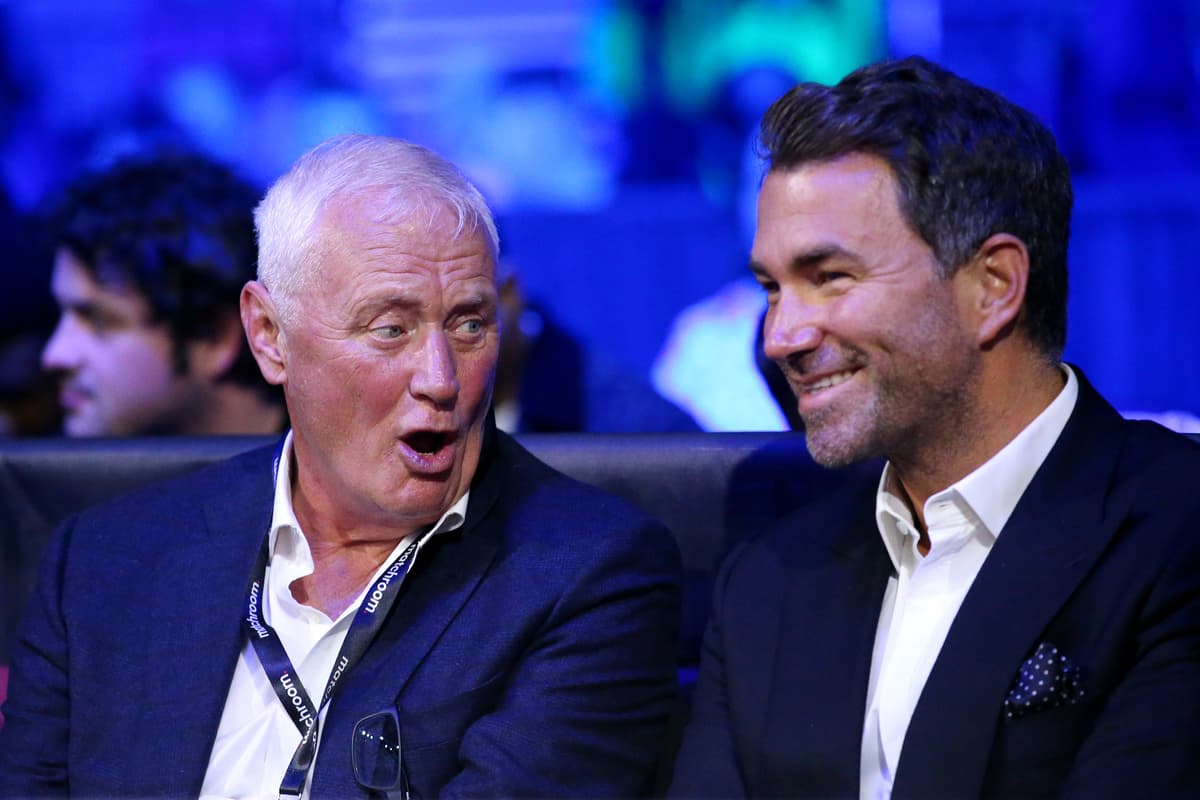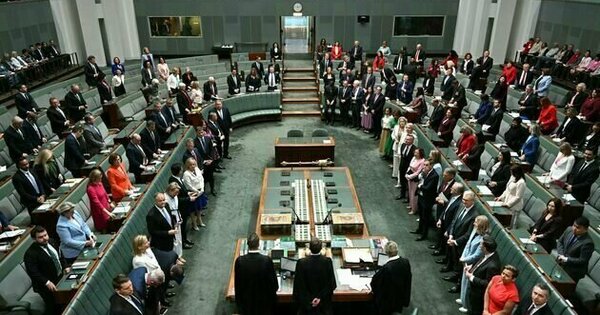By News18
Copyright news18

Shimla, Sep 23 (PTI) The Himachal Pradesh High Court on Tuesday acquitted a convict and converted the death sentence of two others to life imprisonment “till their last breath” in a 2014 case here in which four-year-old Yug Gupta was abducted, tortured and killed, and his body dumped in a water tank where it was found two years later.
A bench of Justices Vivek Singh Thakur and Rakesh Kainthla said that “the material on record does not show that the accused cannot be reformed, hence we are unable to confirm the death penalty imposed by the trial court despite our indignation towards the crime”.
It said that to facilitate better evaluation of whether there is a possibility for the accused to be reformed, the court “deems it necessary to frame practical guidelines for the courts to adopt and implement, till the legislature and executive formulate a coherent framework through legislation”.
Expressing dissatisfaction with the judgment, Yug’s father Vinod Gupta said that even after 11 years “justice has been denied” and he will file an appeal in the Supreme Court.
Yug Gupta, who was abducted from his courtyard in busy Ram Bazar in the heart of the town on June 14, 2014, was tortured and killed after seven days, even before the first call for ransom of Rs 3.6 crore was made.
His skeletal remains were recovered two years later from a water tank of the Shimla Municipal Corporation in Kelston on August 21, 2016, after the inquiry was handed over to the CID (Crime) branch. A charge sheet was filed against the three accused in court, and on August 6, 2018, all three accused were pronounced guilty.
On September 5, 2018, the District and Session Court, Shimla, had sentenced all three convicts — Chander Sharma, Tajender and Vikrant — to death in the case.
On Tuesday, the high court allowed the appeal filed by Tejinder Pal Singh and acquitted him. The appeals filed by Chander Sharma and Vikrant Bakshi were partly allowed and they were acquitted of the commission of offences punishable under Sections 347 and 364A of the IPC.
The HC said the death penalty awarded to the duo “is reduced to life imprisonment, which will mean the natural life of the convicts till their last breath”.
Observing that the behaviour of the accused in jail was satisfactory, the bench said, “We have to see the possibility of reformation of the accused and convince ourselves that the only option left in the case is to take away their lives.” “We have analysed the circumstances of the case and the reports submitted by the State regarding the behaviour of the accused in custody and the material on record does not show that the accused cannot be reformed.
“Hence, we are unable to confirm the death penalty imposed by the trial court despite our indignation towards the crime and the same is reduced to life imprisonment, which will mean the natural life of the convicts till their last breath,” the judgement said.
The order further said that the goal of reformative punishment requires systems that actively enable reformation and rehabilitation, as a result of nuanced policy-making.
“As a small step to correct these skewed results and facilitate better evaluation of whether there is a possibility for the accused to be reformed, this Court deems it necessary to frame practical guidelines for the courts to adopt and implement, till the legislature and executive formulate a coherent framework through legislation,” the HC said.
Yug’s father, Vinod Gupta, said they were deeply upset by the court’s decision to commute the death sentence of two accused and acquit the third accused.
“Had this heinous crime not been committed, Yug would have been fifteen years old,” he said.
Describing the heinous crime as “rarest among rare”, the District and Session Court, had awarded death sentence to the convicts under IPC sections 302 (murder) and 364(a) (kidnapping for murder for ransom); seven years imprisonment under Section 201 for destroying evidence, three years imprisonment under Section 347 for wrongful confinement for extortion and one year imprisonment under sections 506 and 120 B (criminal intimidation and criminal conspiracy).
The High Court had reserved its orders on the appeals filed by the three on August 11.
According to the prosecution, Yug was kidnapped by his neighbour Chander Sharma, who lured him by offering a chocolate and took him to Tajender Singh’s godown situated just above Yug’s house.
Later, he was whisked away to Chander’s rented house at Ram Chandera Chowk in a sports utility vehicle (SUV) of Tajender.
Yug’s clothes were burned to destroy evidence. The kid was tortured, kept naked, forced to drink liquor and dumped in a water tank on June 21, 2014, seven days after the abduction. PTI BPL RT RT RT



